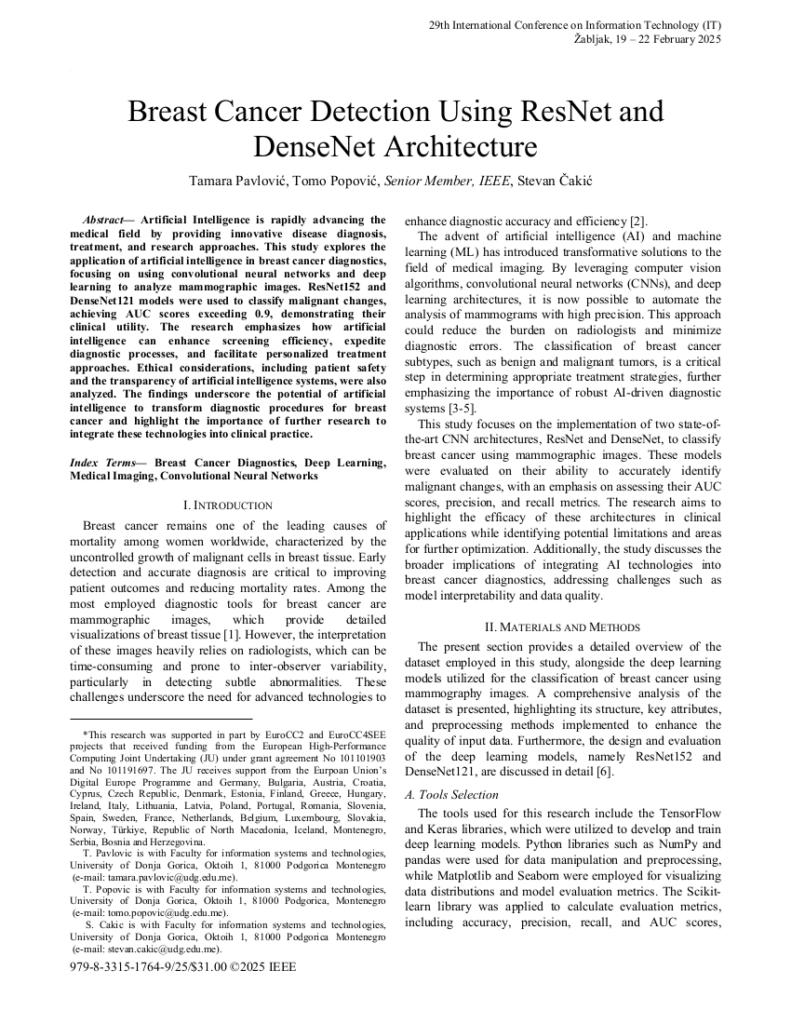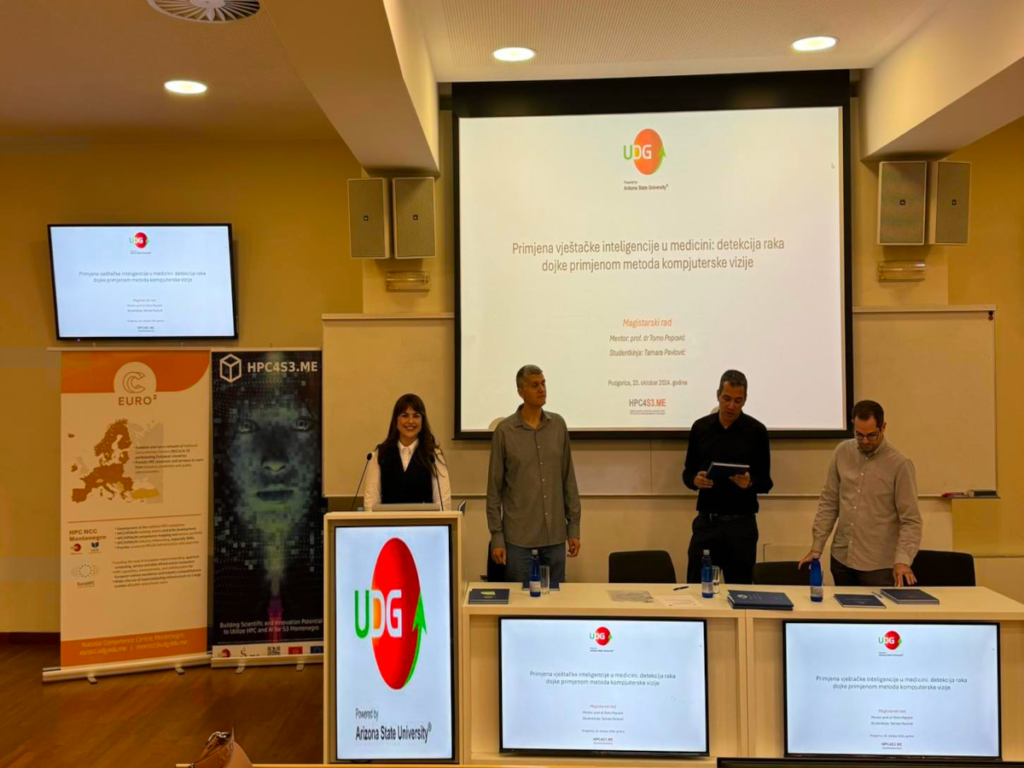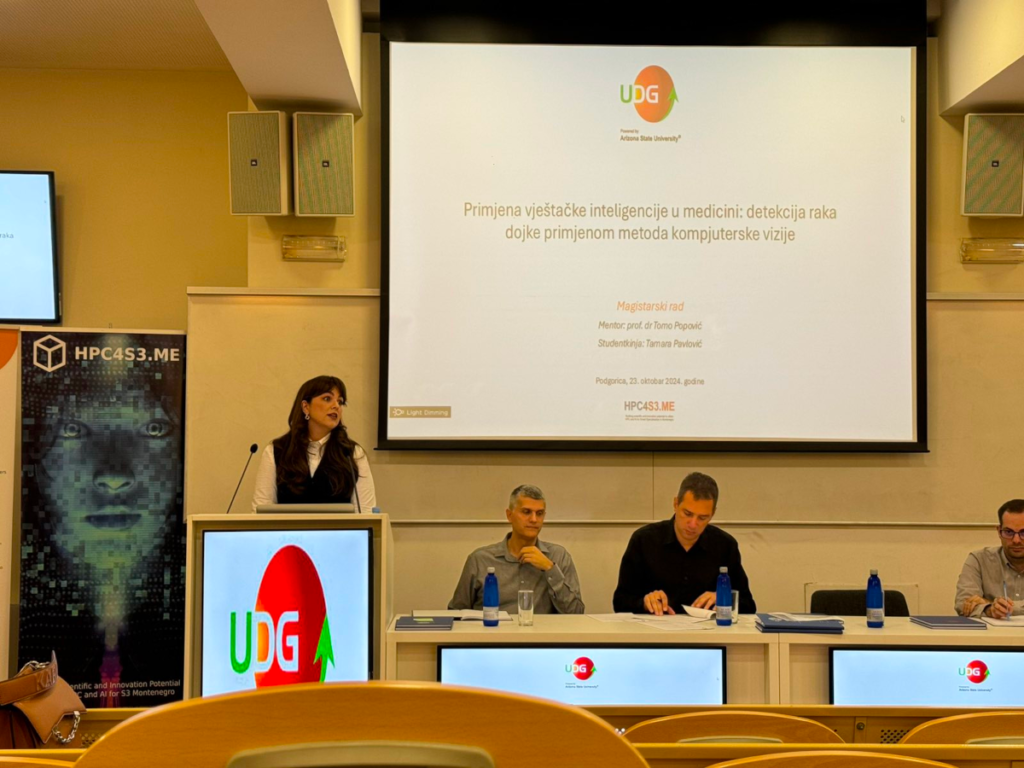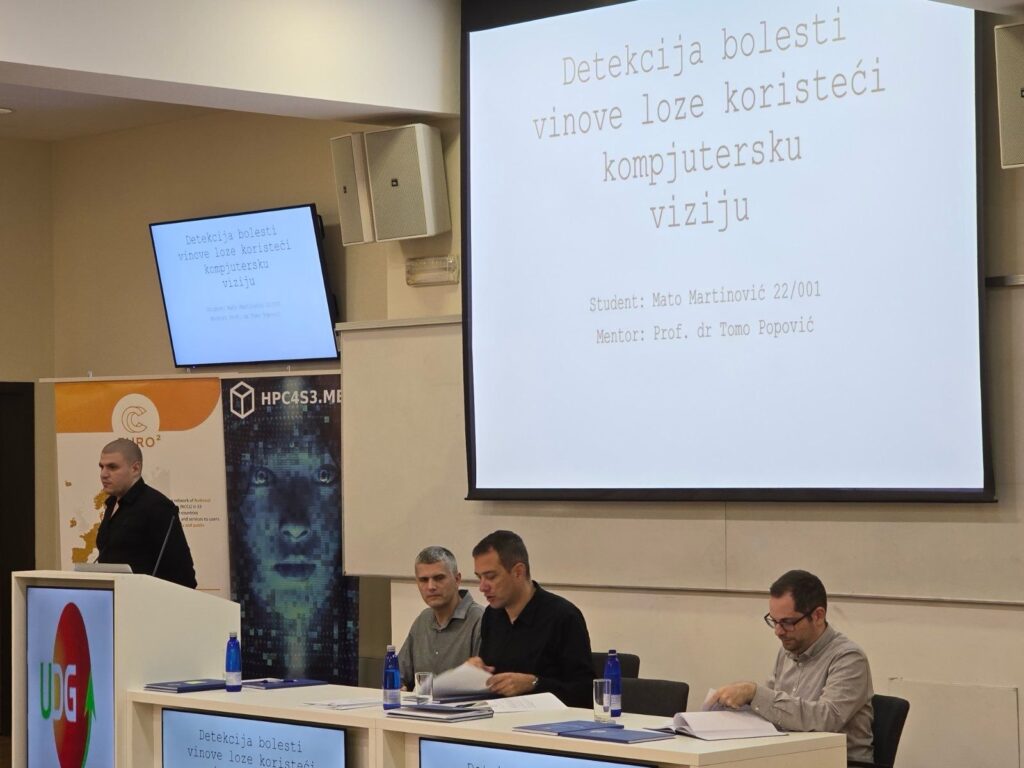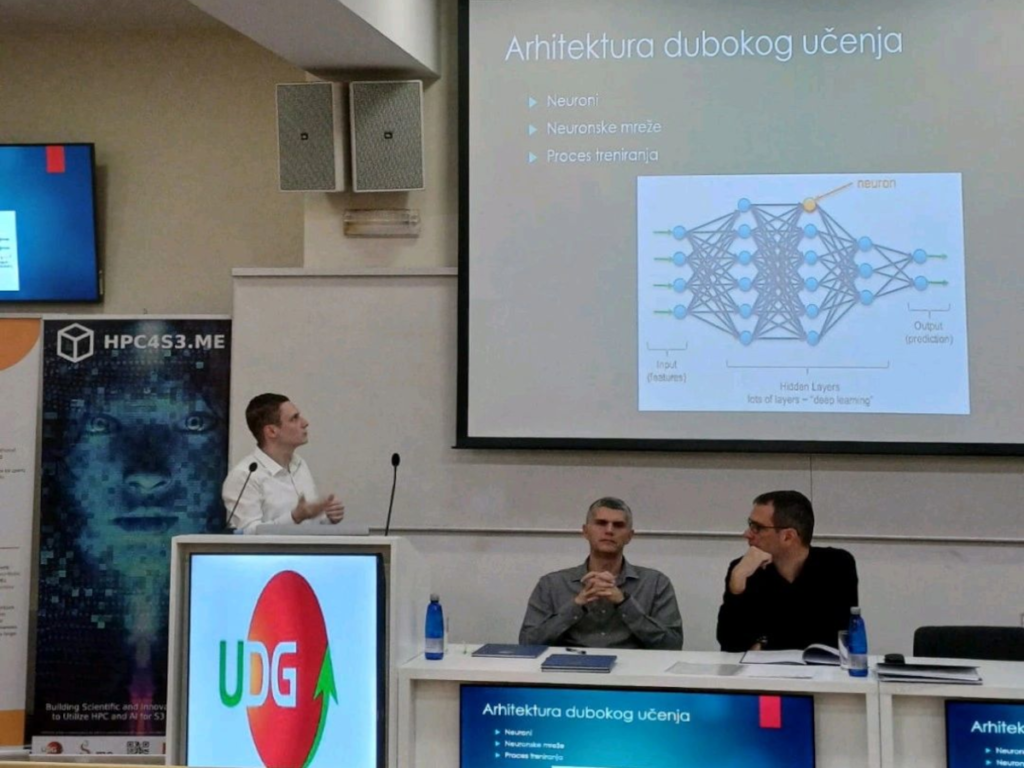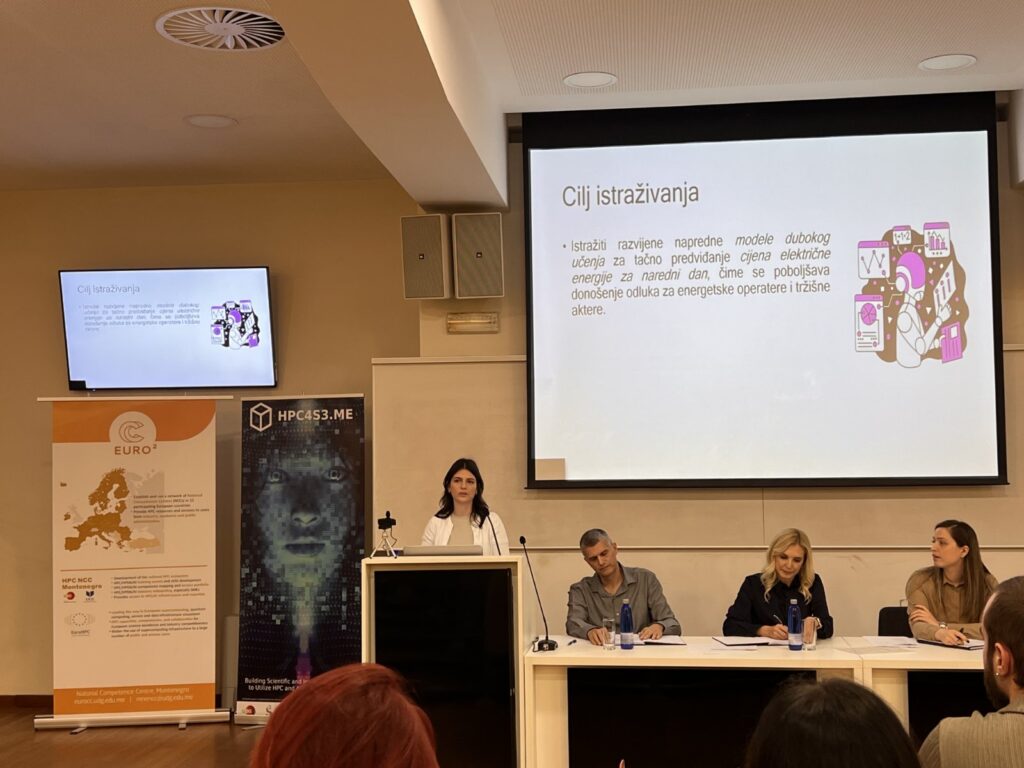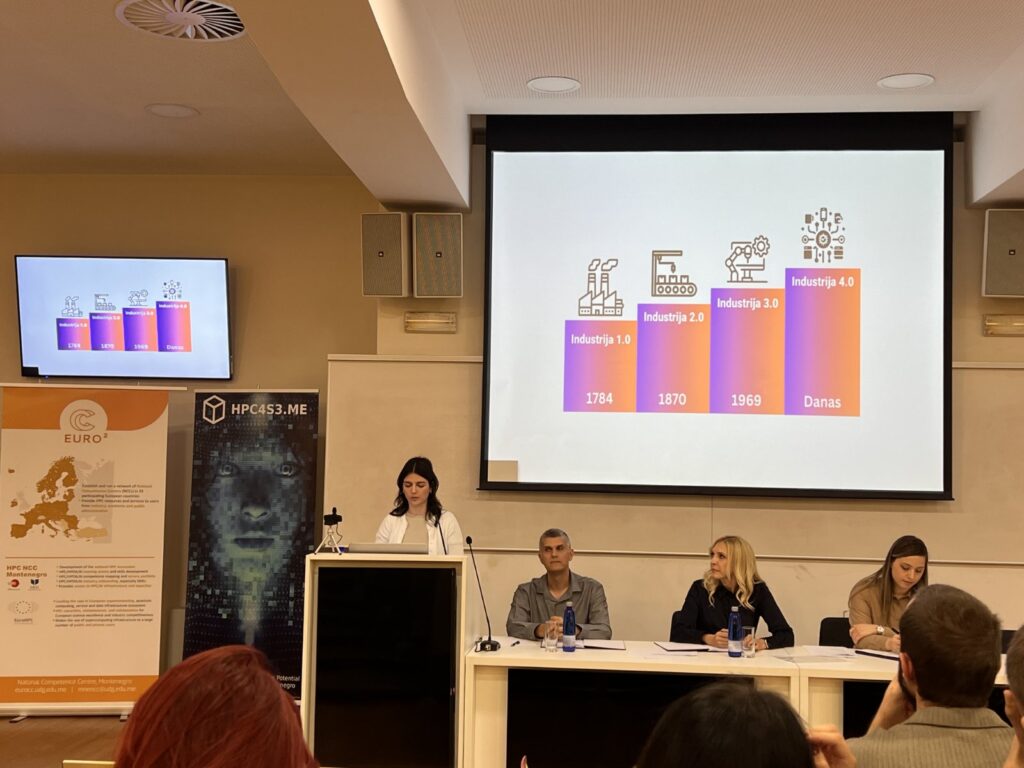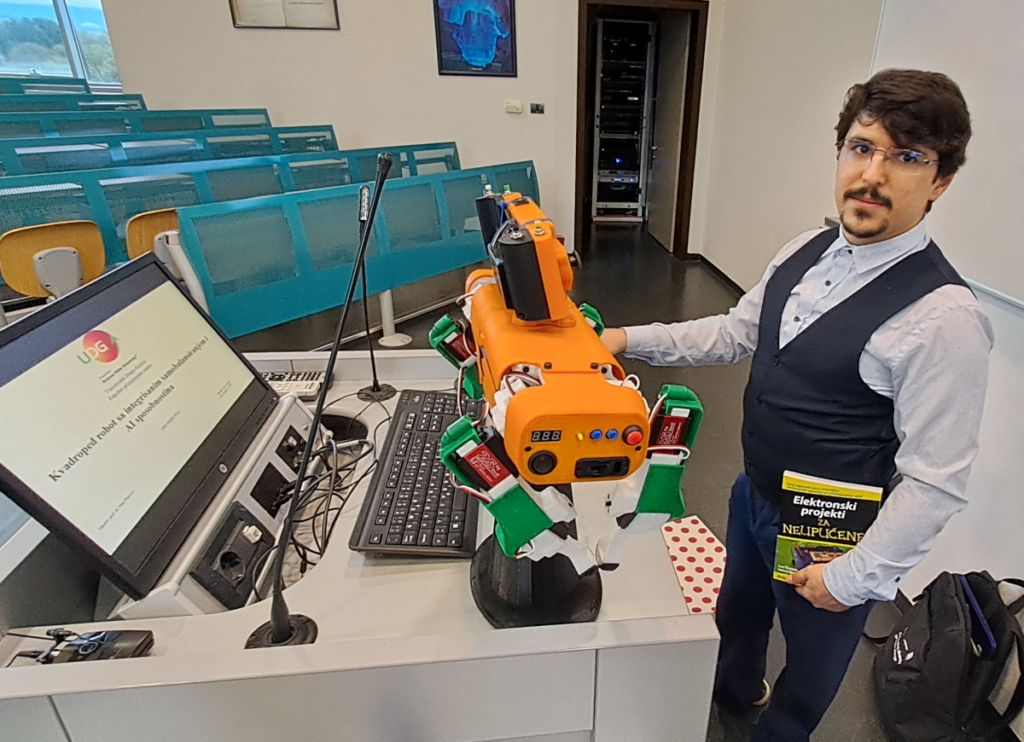At the IT2025 IEEE Conference in Žabljak, researchers from the University of Donja Gorica presented their latest study on using Artificial Intelligence (AI) for breast cancer diagnostics. The research explores the application of deep learning models, ResNet152 and DenseNet121, to analyze mammographic images. Beyond the clinical results, the study emphasizes the implications of leveraging high-performance computing (HPC) infrastructure to optimize model training and evaluation. By porting the experimental setup to HPC resources, the research opens pathways for faster development cycles, the exploration of more complex architectures, and scalability for real-world implementation.
ABSTRACT – Artificial Intelligence is rapidly advancing the medical field by providing innovative disease diagnosis, treatment, and research approaches. This study explores the application of artificial intelligence in breast cancer diagnostics, focusing on using convolutional neural networks and deep learning to analyze mammographic images. ResNet152 and DenseNet121 models were used to classify malignant changes, achieving AUC scores exceeding 0.9, demonstrating their clinical utility. The research emphasizes how artificial intelligence can enhance screening efficiency, expedite diagnostic processes, and facilitate personalized treatment approaches. Ethical considerations, including patient safety and the transparency of artificial intelligence systems, were also analyzed. The findings underscore the potential of artificial intelligence to transform diagnostic procedures for breast cancer and highlight the importance of further research to integrate these technologies into clinical practice.
